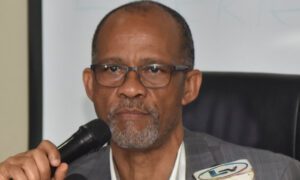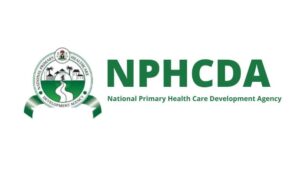Distribution of healthcare cards to 40,000 vulnerable peopleby Kaduna government
Distribution of healthcare cards to 40,000 vulnerable peopleby Kaduna government
The Kaduna State Contributory Health Management Authority (KADCHMA), has began the distribution of basic health care cards to about 40,000 vulnerable people in the state.
The Director-General of the agency, Aliyu Saidu, said this on Tuesday, at the inauguration of the distribution exercise in Kaduna.
He said that the cards would enable vulnerable persons to start accessing health services under the contributory health scheme.
Report state that the cards are valid for a year and would be renewed.
Saidu said that the development would transform access to health care on a continuous basis.
He added that more vulnerable people in local government areas of the state would be enrolled into the scheme.
“We are going to do a mop up for us to get more vulnerable people and register them, because we were unable to get to some communities due to security challenges in those areas,” he said.
“The Kaduna state contributory health scheme is almost ahead of others and I wish to see more than 50,000 people accessing health care soon,” he added.
He urged the beneficiaries to utilize the opportunity given to them and use the cards to patronize health facilities of their choice, especially pregnant women.
“You have a lot of privileges to benefit from the services which include emergency, antenatal, deliveries, Neonatal care, Surgical services, internal medicine and post natal care.
“Others are gynaecologic care, childhood illnesses, chronic disease management, ophthalmic care, family planning, immunization, blood transfusion, dental care, X-RAY services and laboratory services.”
Saidu said the scheme had registered over 400,000 beneficiaries, but mostly from the formal sector.
“As it stands, we are the second highest in the country; we just started middle of last year.
“We are getting across to them because we see how much the scheme is impacting on the lives of people.
“Most people lost their lives because of minimal disease and are afraid to remove money from their pockets to pay,” he said.




